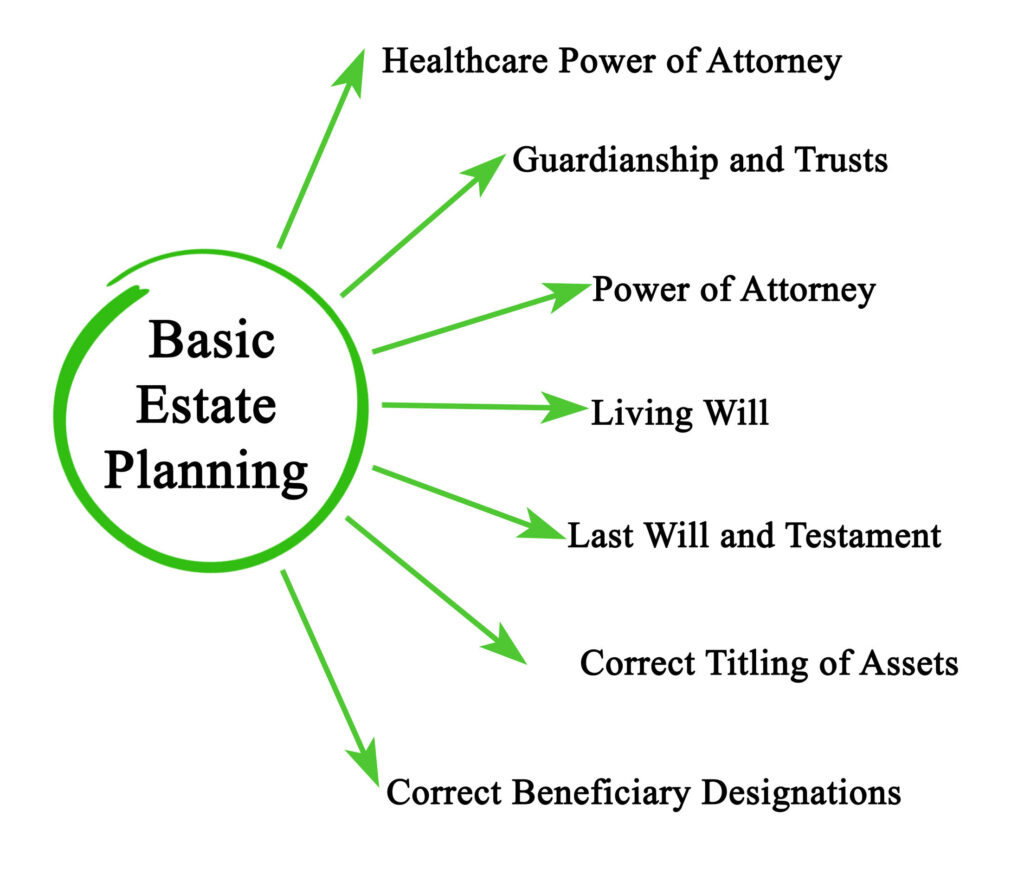While both can be beneficial, a trust is often better than a will in estate planning, particularly when it comes to avoiding probate, protecting assets, and maintaining privacy. We’ll explore the key reasons why a trust is often a better choice than a will and how it can benefit your estate planning strategy.
Avoiding Probate
A will must go through probate, which is the court-supervised process of validating the will, settling debts, and distributing assets. This can be time-consuming, often lasting months or even years, and can be expensive. Additionally, probate is a public process, meaning court records, including details about assets and beneficiaries, become accessible to the public.
A trust avoids probate entirely because assets go directly to beneficiaries without the need for court intervention. This means that a trust allows for a faster distribution of assets, reduces legal costs, and ensures privacy for beneficiaries.
Control Over Asset Distribution
One of the biggest limitations of a will is that it only takes effect after death and does not provide ongoing control over asset distribution. After distributing assets under a will, beneficiaries have full control over them, even if they are not financially responsible.
A trust, however, provides flexibility in how and when assets are distributed. The grantor can set specific conditions for distributions, such as requiring beneficiaries to reach a certain age before receiving funds. Special needs trusts can also provide financial support for disabled beneficiaries without affecting eligibility for government benefits.
Asset Protection from Creditors and Lawsuits
Wills offer no protection for assets after distribution, meaning they can be seized by creditors or lost in lawsuits. In contrast, assets placed in an irrevocable trust are safe from creditors, lawsuits, and even divorce settlements. By placing assets in a trust, the grantor ensures that they remain secure and available for the intended beneficiaries.
Incapacity Planning
A major drawback of a will is that it does not take effect until after death and therefore does not provide any assistance in managing assets if the grantor becomes incapacitated. If an individual becomes unable to manage their finances due to illness or cognitive decline, family members may have to go through court proceedings to gain control over the assets.
A trust eliminates this issue by allowing a successor trustee to take over financial management if the grantor becomes incapacitated, ensuring a smooth transition of control without the need for court-appointed guardianship or conservatorship.
Avoiding Will Contests and Family Disputes
Wills are more easily contested in court than trusts. Interested parties can challenge a will by claiming undue influence, fraud, or lack of capacity, leading to lengthy legal battles.
Trusts, on the other hand, are much harder to challenge because they take effect immediately and involve ongoing asset management. By reducing the likelihood of disputes, trusts provide greater stability and certainty for beneficiaries.
Tax Benefits and Estate Planning Advantages
For high-net-worth individuals, a properly structured trust can provide significant tax advantages. Certain types of trusts, such as irrevocable trusts, remove assets from the grantor’s taxable estate, reducing estate tax liabilities. Charitable trusts also allow individuals to donate assets while simultaneously reducing tax obligations. Trusts offer strategic estate planning benefits that can help preserve wealth for future generations.
Tulsa Will and Trust Lawyers
While a will is a basic estate planning tool, a trust provides greater benefits in terms of avoiding probate, protecting privacy, controlling asset distribution, shielding assets from creditors and lawsuits, managing assets during incapacity, and reducing family disputes. For individuals looking for a comprehensive estate plan, contact the Tulsa estate planning attorneys at Kania Law Office by calling us at (918)–743-2233 or online.
Tulsa's Local Lawyers
 Are you looking for Tulsa attorneys who will fight aggressively for you? Our team of attorneys have the experience needed in Oklahoma law to secure the outcome you deserve.
Are you looking for Tulsa attorneys who will fight aggressively for you? Our team of attorneys have the experience needed in Oklahoma law to secure the outcome you deserve.
Call us today for a free consultation 918-743-2233 or contact us online.


